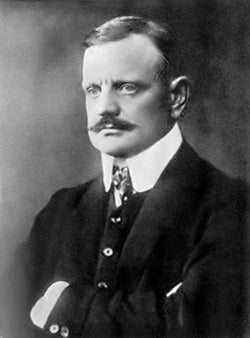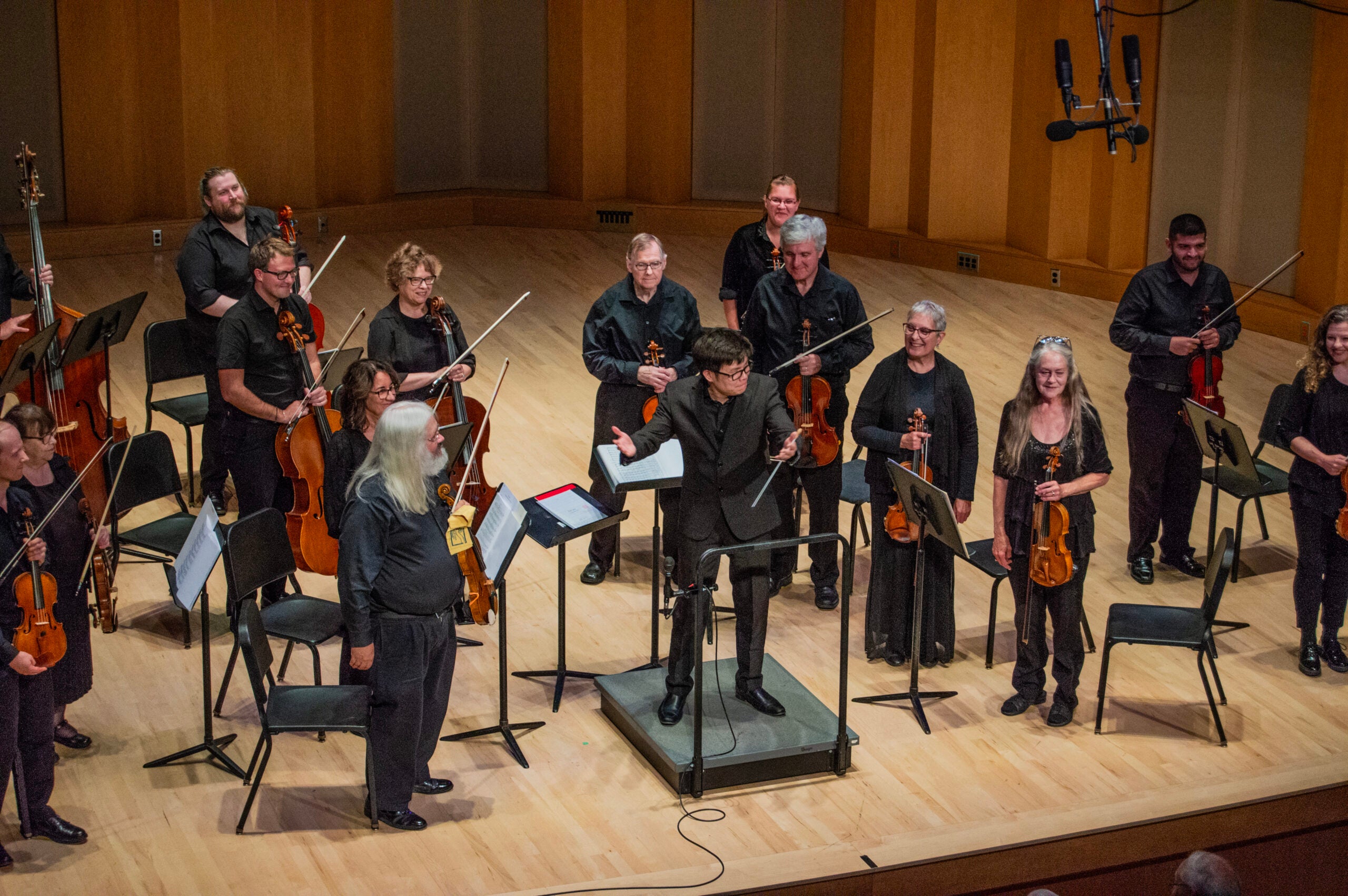Debt-ridden and feeling battered by his critics, Jean Sibelius liked the offer from America. Composer Horatio Parker was offering him $1,200 to participate in Yale University’s Norfolk Festival, at which he would conduct his new symphonic poem The Oceanides and a few of his shorter works.
Five weeks later Sibelius was on a steamship bound for New York, revising the poem as he got more and more experience with the sea.
At the first Carnegie Hall rehearsal, festival organizer Carl Stoeckel had the impression that the orchestra found The Oceanides perplexing, but he was impressed at how rapidly each successive rehearsal made it more musical.
Stay informed on the latest news
Sign up for WPR’s email newsletter.
Sibelius, too, threw himself into the performances of The Oceanides. “It is as if I find more and more of myself in it,” he wrote to a friend. “The ocean has really inspired me.”
The concert of Sibelius’ music, which took place in a huge wooden structure called The Music Shed, in Norfolk, Connecticut, on June 4, 1914, was the crowning moment of the festival. Rather than counting strict time, Sibelius made broad poetic sweeps of his arms as he conducted some of his best known works–Pohjola’s Daughter, the King Christian II Suite, The Swan of Tuonela, Finlandia, Valse Triste, and then the new work, The Oceanides.
According to critic Olin Downes, the effect was of great waves crashing.
At the end of the concert, the audience gave Sibelius an ovation that Stoeckel said he had never seen equaled anywhere.
A few days later, Sibelius would again encounter the power of water when his host took him on an excursion to Niagara Falls. Sibelius was deep in thought as they approached the foot of the Falls in a small steamboat. He later confided to his host that he had been trying to come up with a way to convey the experience musically, but had concluded that Niagara Falls was “too solemn and too vast to be represented by any human individual.”
Wisconsin Public Radio, © Copyright 2024, Board of Regents of the University of Wisconsin System and Wisconsin Educational Communications Board.






